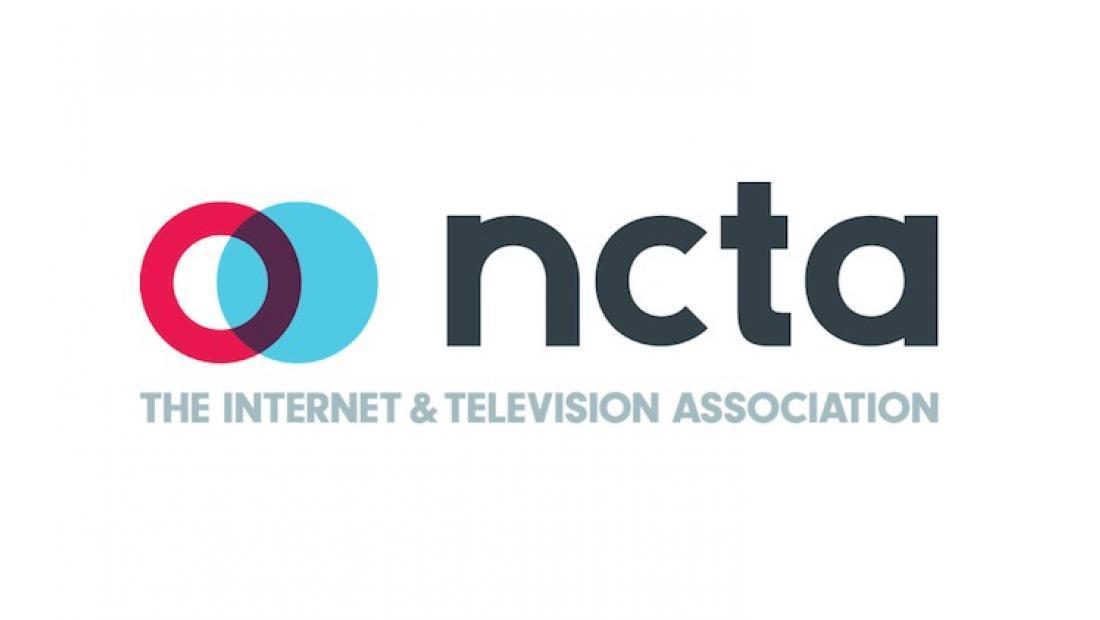NCTA to FCC: Don't Expand USF Contribution Base to ISPs
But if you do, include mobile (texting) and edge providers

The smarter way to stay on top of broadcasting and cable industry. Sign up below
You are now subscribed
Your newsletter sign-up was successful
Cable broadband operators are telling the FCC that it should not start making them pay into the Universal Service Fund broadband subsidies, especially given the tens of billions of dollars in broadband subsidies the Biden Administration has offered up in COVID-19 and infrastructure programs, but that if it does, mobile broadband, including texting revenue, and edge providers, should be added to the contribution rolls as well.
Edge providers and competitive carriers have already weighed in saying that the current model of only making telecoms subsidize advanced communications that is increasingly broadband-focused is unsustainable and that ISPs need to take up the slack.
Also: Edge Tells FCC to Add ISPS, Not Them, to Contribution Base
In its comments on the FCC's inquiry into what USF changes, including who contributes, need to be made, NCTA The Internet & Television Association said that the FCC should leave any action on USF sustainability to Congress and should not take up contribution reform "at this time," particularly given marketplace changes over the past few years and "the issuance of massive amounts of federal funding
to address important broadband deployment and adoption needs."
In particular, NCTA said: "Any solution involving an expansion of the existing contribution base to include broadband revenue would represent a fundamental shift in USF contribution policy that should be undertaken by Congress." It told the FCC that such a "fundamental repositioning" requires The Hill's "buy-in and guidance."
As to Big Tech, NCTA said one way to make the contribution base more equitable includes "moving to an appropriations based system or directing the Commission to develop a more equitable contribution base that includes the very largest tech platforms that have benefitted immensely from and owe their very
existence to the deployment and use of the Internet."
Also: Could the FCC Make Streamers Pay Into USF
NCTA is also proposing a freeze--then a cap--on the USF high-cost support given those "massive amounts" of infrastructure-related broadband subsidies.
But cable ISPs also argue for getting rid of the contribution factors entirely, fees that wind up being passed along to customers. They suggest that a direct congressional appropriation for broadband support, rather than a fee/tax on communications services is the better way to go, something edge providers and competitive carriers would be OK with as well. ■
The smarter way to stay on top of broadcasting and cable industry. Sign up below
Contributing editor John Eggerton has been an editor and/or writer on media regulation, legislation and policy for over four decades, including covering the FCC, FTC, Congress, the major media trade associations, and the federal courts. In addition to Multichannel News and Broadcasting + Cable, his work has appeared in Radio World, TV Technology, TV Fax, This Week in Consumer Electronics, Variety and the Encyclopedia Britannica.

